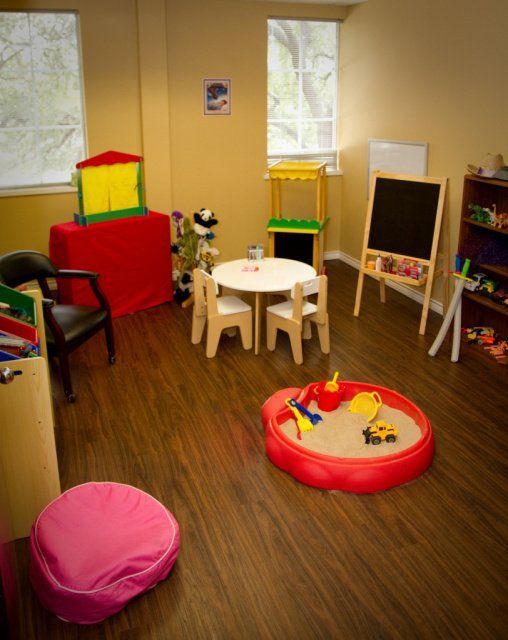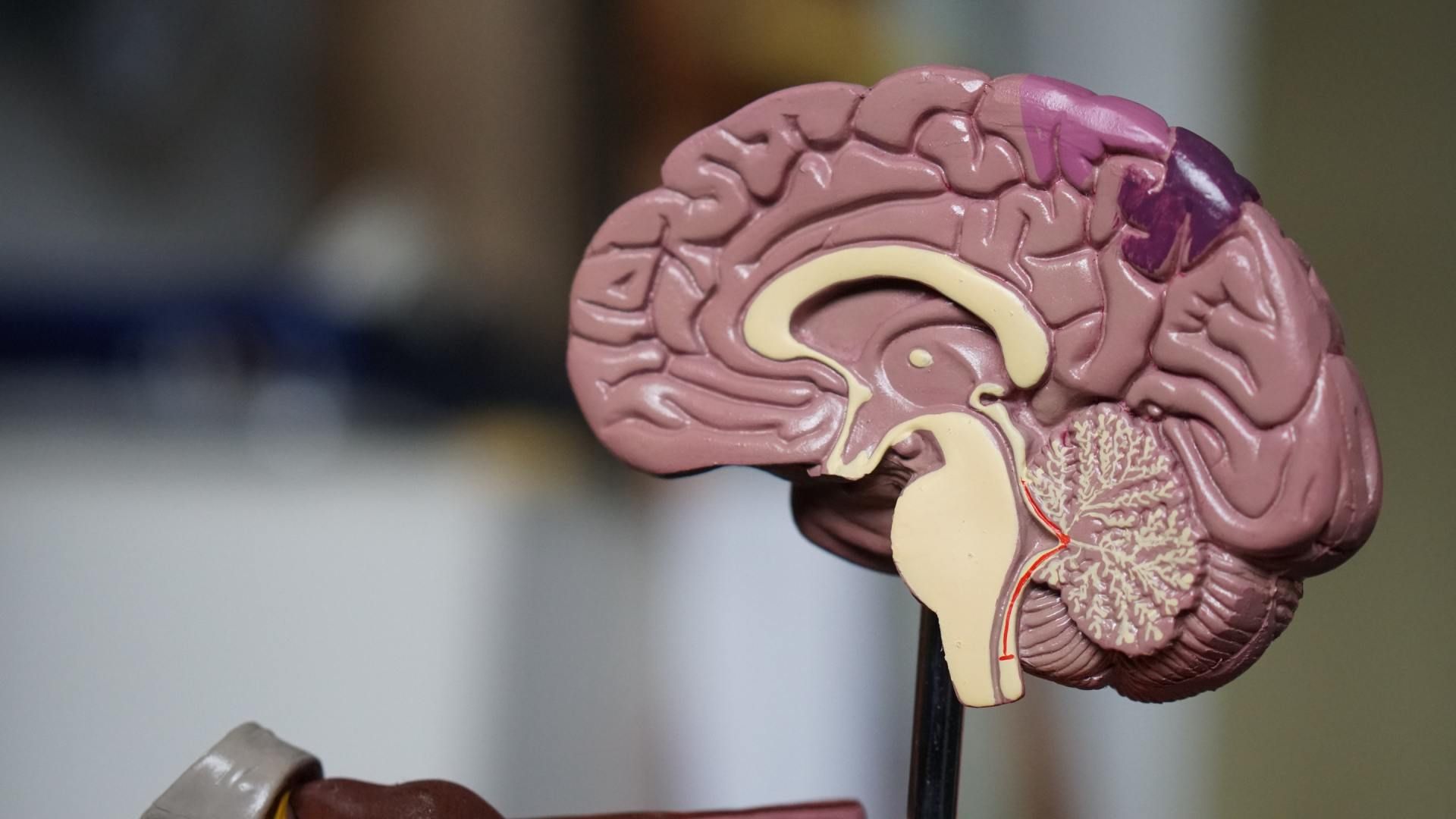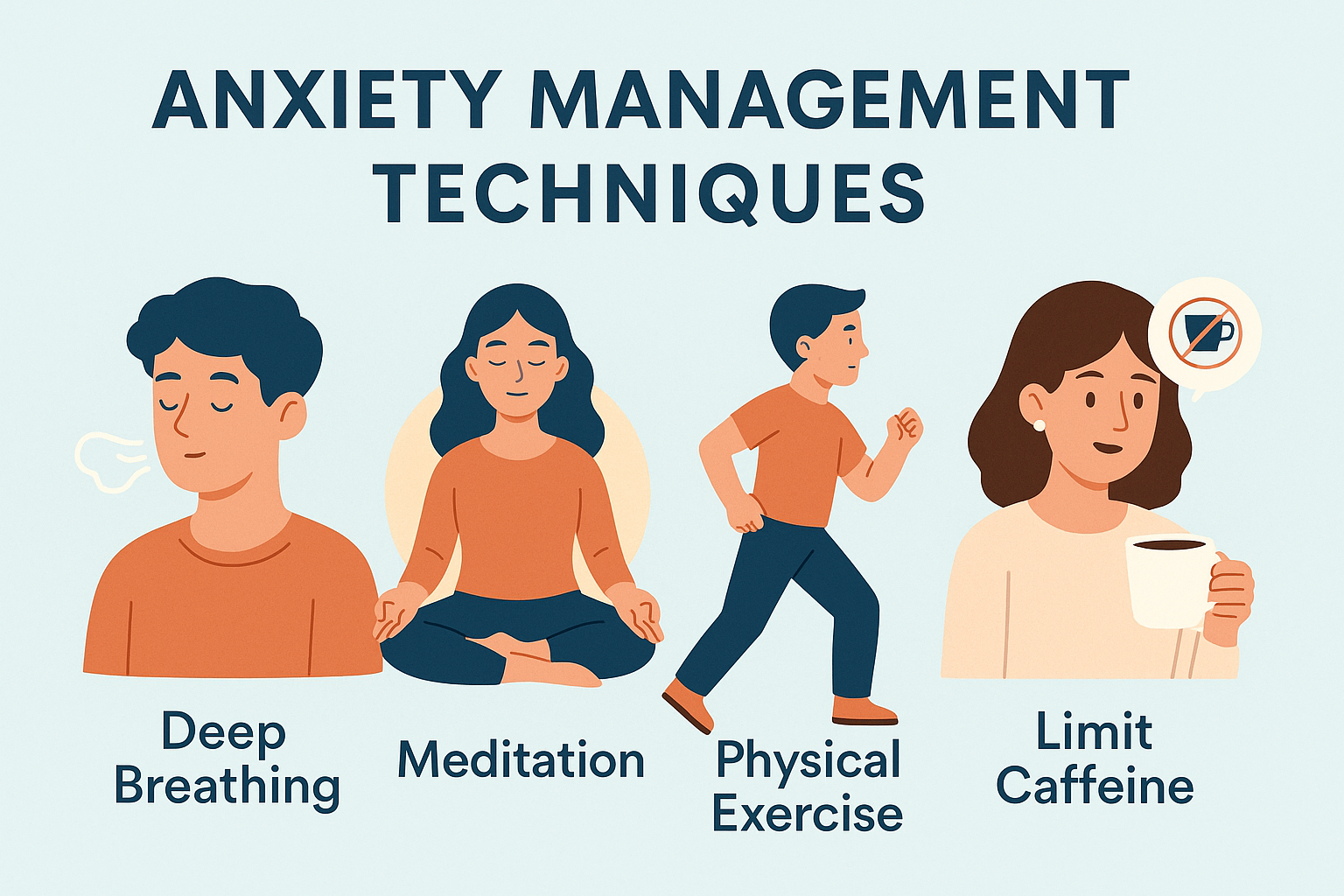
Transformative Anxiety Relief with Cognitive Behavioral Therapy
November 16, 2022

Cognitive Behavioral Therapy involves talking through negative perceptions a child has about themselves and the world. Talking through negative emotions and thought patterns will change a child’s unpleasant behaviors when we teach them how to be positive. Here are some techniques used during cognitive behavioral therapy sessions for adults and children:
For adults: Pinpointing pessimistic thoughts - Allowing negative thoughts to take root in your mind is at the root of all undesirable behaviors. Adults and children deal with negative thoughts daily, but the question is, how do we deal with them? Cognitive behavioral therapy is a safe space to find out where your negative thoughts come from. Developing new skills - Cognitive behavioral therapy will help patients prepare for real-world situations that could trigger anxiety or depression. Setting goals - It’s important to have tangible goals that you want to achieve through cognitive behavioral therapy.
For children: Play therapy - Children have a hard time formulating thoughts and talking through triggers, but they will bring things up during playtime. Play therapy is used during cognitive behavioral therapy sessions to help the child talk about things that are bothering them. Once a therapist can identify triggers, they can figure out ways to help the child work through their fears. Modeling - Children learn by example, so modeling how to respond when someone hits you or another scenario will help a child learn how to act appropriately. After showing a child how to respond to a challenging situation, have them do it themselves. Restructuring thoughts - Getting a child to recognize when they are speaking negatively about themselves and teaching them how to flip it will change their lives. For example, instead of saying, “I’m the worst soccer player ever.” They can reframe it and say, “I still need to work on my soccer skills, but I’m getting better each day.”
Exposure - This is the last step in cognitive behavioral therapy because exposing a child to triggering situations before working on techniques to face them will not work.
Contact Beckloff Behavioral Health Center for information about our cognitive behavioral therapy services. We proudly serve Dallas, TX and the surrounding areas!
For adults: Pinpointing pessimistic thoughts - Allowing negative thoughts to take root in your mind is at the root of all undesirable behaviors. Adults and children deal with negative thoughts daily, but the question is, how do we deal with them? Cognitive behavioral therapy is a safe space to find out where your negative thoughts come from. Developing new skills - Cognitive behavioral therapy will help patients prepare for real-world situations that could trigger anxiety or depression. Setting goals - It’s important to have tangible goals that you want to achieve through cognitive behavioral therapy.
For children: Play therapy - Children have a hard time formulating thoughts and talking through triggers, but they will bring things up during playtime. Play therapy is used during cognitive behavioral therapy sessions to help the child talk about things that are bothering them. Once a therapist can identify triggers, they can figure out ways to help the child work through their fears. Modeling - Children learn by example, so modeling how to respond when someone hits you or another scenario will help a child learn how to act appropriately. After showing a child how to respond to a challenging situation, have them do it themselves. Restructuring thoughts - Getting a child to recognize when they are speaking negatively about themselves and teaching them how to flip it will change their lives. For example, instead of saying, “I’m the worst soccer player ever.” They can reframe it and say, “I still need to work on my soccer skills, but I’m getting better each day.”
Exposure - This is the last step in cognitive behavioral therapy because exposing a child to triggering situations before working on techniques to face them will not work.
Contact Beckloff Behavioral Health Center for information about our cognitive behavioral therapy services. We proudly serve Dallas, TX and the surrounding areas!



